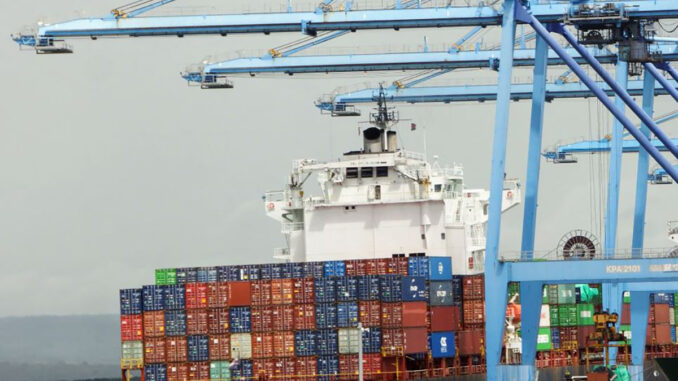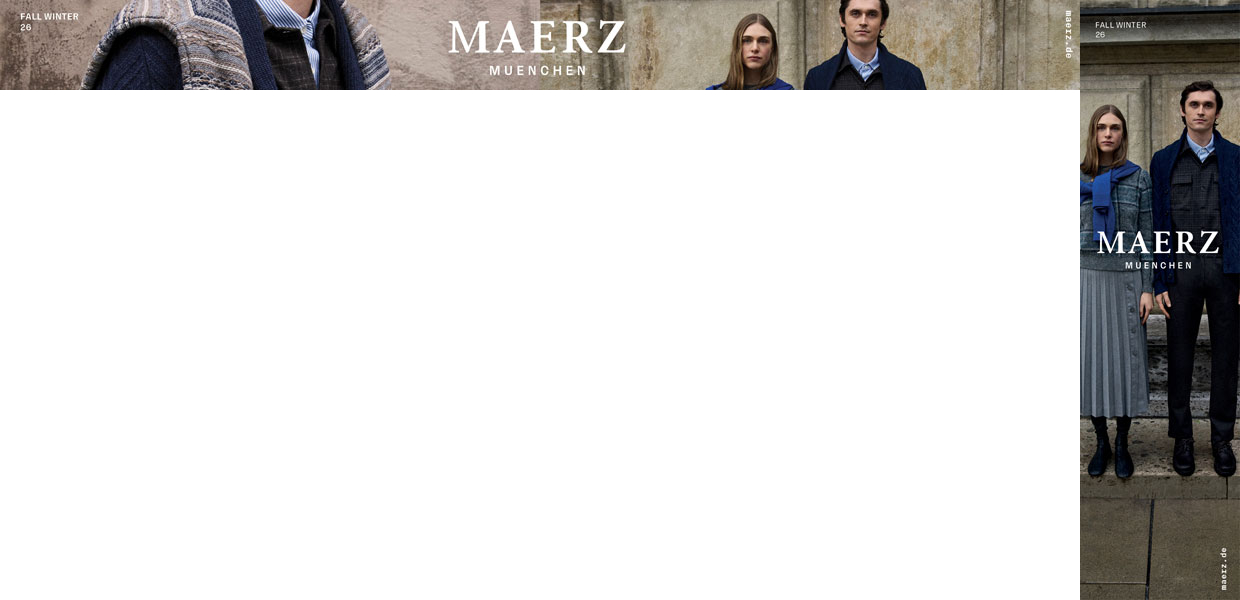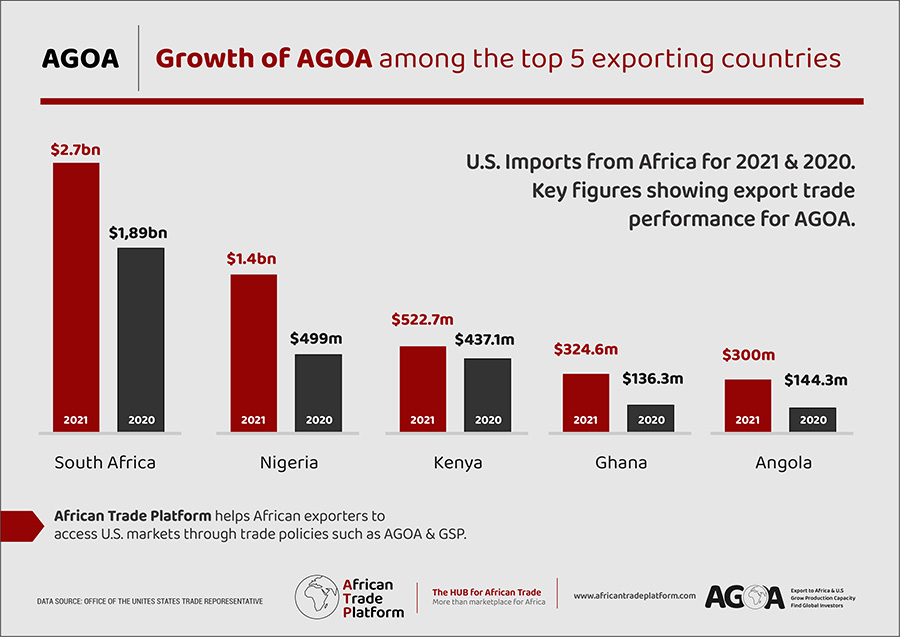
Autorin: Yvonne Heinen-FoudehOn September 30 the African Growth and Opportunity Act (AGOA) expired. For the apparel sector only AGOA significantly helped African apparel exports to the U.S. grow from modest beginnings in 2000 to over $ 1 billion annually by the 2020s, creating substantial employment and industrial investment.
Hopes for the U.S. Congress to act timely for a renewal or a reform, worth for consideration on several detailed aspects, have not yet been fulfilled. Should no extension nor considerable replacing agreement get into force, significant challenges await the trade relations between the USA and African markets.32 Sub-Saharan nations having been last eligible, out of a possible 49 potential beneficiaries, to leverage duty-free export would face highly negative impact to their exports with serious repercussions to employment and investment. And from the perspective of the US economy?
Tool to pursue U.S. strategic interests.
In light of the pivotal role AGOA has played since its enactment in 2000, having transformed the U.S. sub-Saharan African relationship from one that is primarily aid-based to a mutually beneficial business partnership, U.S. key policymakers have publicly raised concerns about the risks of AGOA expiration. Besides Senator James Risch (R-ID) and Senator Chris Coons (D-DE) also trade-relevant members the House of Appropriations Committee dread that the lapse would negatively affect U.S.–Africa relations: The continent presents a massive business opportunity for U.S. companies as the world’s most rapidly growing market, with its current population of 1.3 billion expected to nearly double within the next 25 years, represents the world’s largest free trade area. Further indicators for Africa catching-up with the global economy defining strategic interests for the U.S. throughout the region are ample natural resources, incl. critical minerals, progressive foreign commercial investment from Asia, Middle East and Europe.
Chances for Africa to shape an inter-continental trade strategy
Besides expiration of the legislation having developed as the corner stone of US-African trade relations recent shift in trade policy have caused disfunction: As an for instance, early in July this year Lesotho declared state of economic desaster after 50% tariff of exports for apparel and other goods had been imposed plus support by USAID (United States Agency for International Development) had been withdrawn.
“Rather than waiting for an unlikely official decision on AGOA’s renewal African’s governments have the chance to proactively shape a trade strategy that is regionally integrated, digitally enabled and geopolitical informed”, stresses the World Economic Forum on a recent statement. The internationally acting organization for public-private cooperation considers the African Continental Free Trade Zone (AfCFTA) as the fundament for implementation of an overall transformative path for regional integration.
While Africa moves towards a pivotal force in global trade, attracting diverse partners – from China’s Belt and Road to the EU’s Global Gateway as well as Gulf State investments chances are for much more effectiveness to be achieved by AfCFTA down the road. To accelerate implementations accordingly, African governments will have to move from broad commitments to targeted national action, while developing and executing AfCFTA strategies. “Developing and executing AfCFTA strategies aligned with each country’s trade priorities will be essential.” Meanwhile President Trump and the U.S. administration have publicly signaled their support for a one-year extension of AGOA (Reuters, CSIS). In addition, on October 8, 2025, a bill titled the AGOA Extension and Bilateral Engagement Act — also referred to as “AGOA 2.0” — was introduced in the U.S. Senate by Senator John Kennedy. The proposal aims to extend AGOA for two years while introducing stricter eligibility criteria.
“Increased competition”

FASHION TODAY editor onsite asked as well market insider Skander Negasi, (s. also interview with edition August 14, 2025; „Sourcing und Mode“ – FASHIONTODAY) for his assessment on the burning questions with the likely expiration of the AGOA agreement: The CEO of the Trade and Fairs Group, about three weeks before the kick off for the ASFW 2025 apparel tradefair at Addis Ababa, however, shows highly confident that, in one form or another, the US and African markets will reach a follow-up agreement on free trade. The management consultant and organizer of textile and clothing trade fairs on the African continent bases his opinion primarily on the interests of the US in emerging markets [ see adjacent article Apparel Sourcing from Africa: Uncertain future of AGOA casts concerns for more]
We want to dig deeper : “Despite all confidence that the US Congress will soon take action toward a potentially redefined agreement, a complete loss of preferential market access would hit the economic sectors and thus companies in the clothing sector particularly hard,” we point out. Skander Negasi: “If a reformed version of AGOA leads to further restrictions on the countries accepted under the agreement, this will result in significantly increased competition among textile and clothing manufacturers….“





